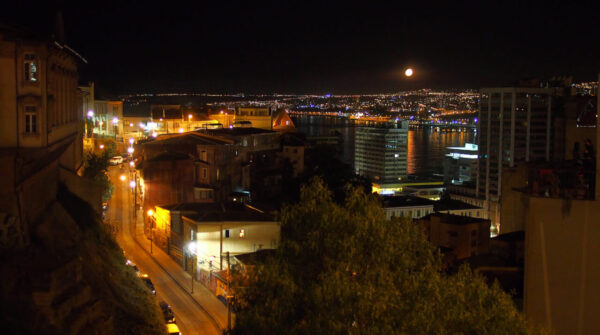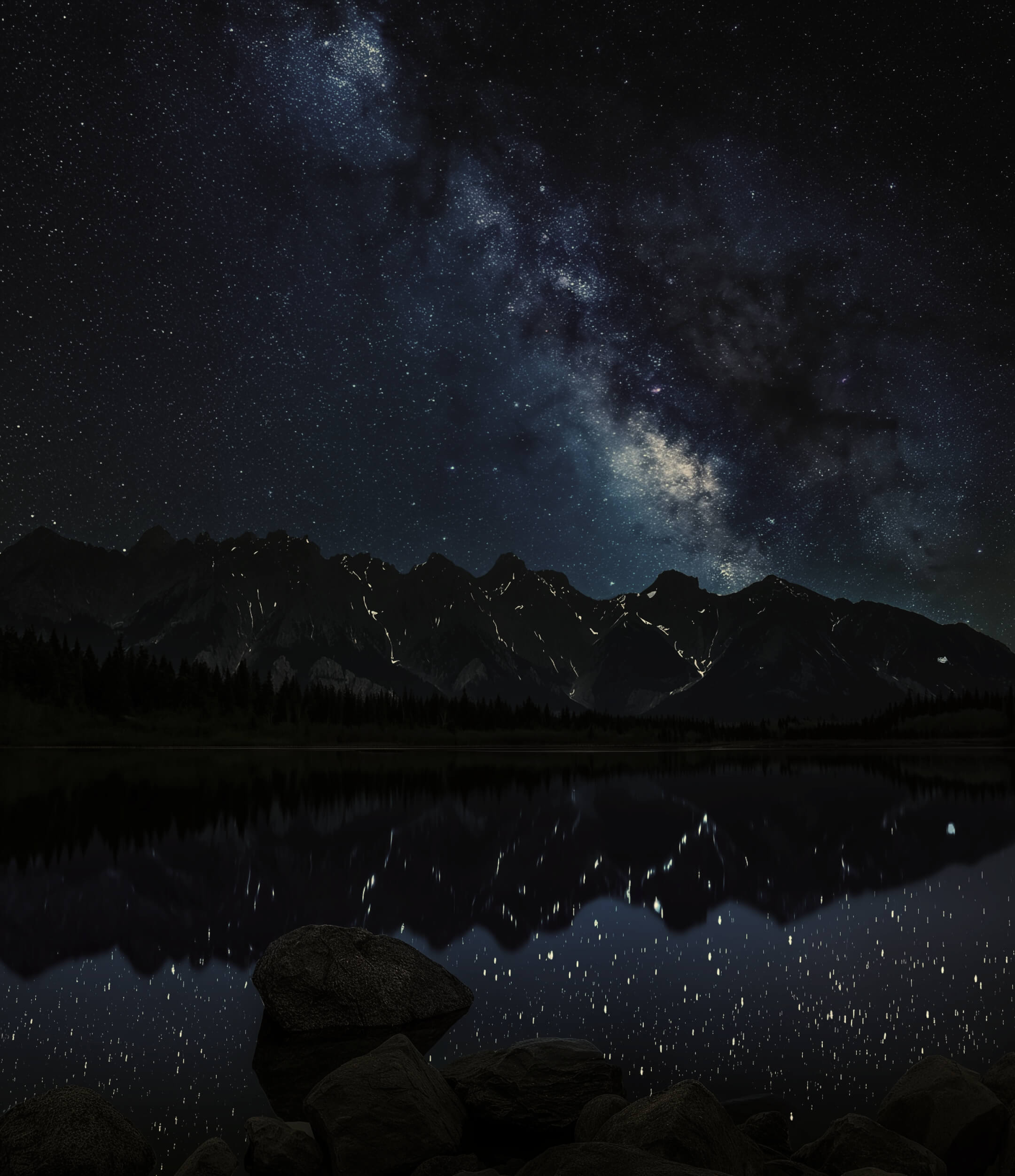The Protection of Dark Skies Expands Across the Valparaíso Region


Posteado
Cielos Chile
schedule Friday 23 de May
As part of a series of public talks, the Institute of Physics and Astronomy at the University of Valparaíso invited the Skies of Chile Foundation to give a presentation on light pollution. The event is part of ongoing efforts to defend the night sky in the region.
On Monday, April 14, the talk “Dark Skies: A Scientific and Cultural Heritage” was held at the University of Valparaíso, led by Juan Pablo Valenzano, Project Coordinator at the Skies of Chile Foundation. The activity marked the beginning of a lecture series organized by the Institute of Physics and Astronomy (IFA), aimed at bringing astronomy and the issue of light pollution closer to the public.
IFA’s Commitment to Protecting Dark Skies
For more than five years, the Institute of Physics and Astronomy (IFA) has led several initiatives focused on protecting the night sky. “In 2020, Astronomy Day was dedicated to light pollution. We organized a discussion with experts and have continued working on the issue ever since,” said Aulikki Pollak, IFA’s Outreach Coordinator.
According to Aulikki, light pollution is a topic that resonates with both students and faculty: “It’s an issue we’re passionate about and that aligns with our role as a public university.” She highlighted the work of IFA astronomers such as Catalina Arcos, Oscar Cuevas, Eduardo Ibar, and Maya Vuckovic, who have shown a particular interest in this concern.
IFA also actively participates in the regional working group for the protection of night skies, convened by the Ministry of Science for the Central Macrozone. This group includes other institutions such as the Federico Santa María Technical University, the Pontifical Catholic University of Valparaíso, and the University of Viña del Mar. In parallel, faculty member Omar Cuevas recently joined a ministerial advisory committee tasked with providing input to update Decree No. 2, which defines scientific value areas for astronomical observation.
The Institute has also developed various projects with the community of Calle Larga, one of the areas with the highest sky quality in the region. It was precisely this characteristic that motivated the relocation of the historic Bochum Telescope — which operated for over five decades at the La Silla Observatory — to the Pocuro Observatory at the University of Valparaíso, where it remains in use today.
Why Protect Valparaíso’s Dark Skies?
For IFA’s Outreach Coordinator, light pollution is a problem that extends beyond astronomy. “Its impact on human health, the environment, and urban development has been proven. Excessive lighting is not healthy, economical, or sustainable, and it does not enhance security. On the contrary — it slowly undermines other aspects of human and social well-being,” she noted.
She also warned that urban expansion into rural areas has been degrading the quality of the night sky in the region. “Many people, especially since the pandemic, have chosen to live in more remote communities to enjoy peace, nature, and the stars. But in recent years, population growth in those areas has skyrocketed, and the night sky is disappearing,” she explained.
However, she emphasized that light pollution has sparked real interest among locals attending their events. “Astronomy alone draws people in, and when paired with environmental awareness about the impacts of light pollution, it resonates even more. It’s a topic that receives great reception and is very much on trend,” she added.
Moreover, concern for dark skies has echoed across other sectors — particularly among youth and environmental organizations. “In Calle Larga, where the observatory is located, there’s been interest in hosting symbolic blackout events to raise awareness,” she said. Another example is in San Antonio, where a school group carried out a light measurement project at the mouth of the Maipo River. “It was an initiative that came from the school community itself, with support from academics and environmental organizations,” she shared.
Looking Ahead
Going forward, Aulikki said the Institute will continue coordinating efforts across the Valparaíso Region to protect the night sky. She added that for upcoming outreach activities, The Skies of Chile Foundation will be a key ally. “They have the experience, the communication tools, and a direct connection with the public. They’ve succeeded in helping people understand the effects of poor lighting in simple, relatable terms,” she emphasized.

Subscribe to our newsletter
Receive relevant information about the skies of Chile every month
